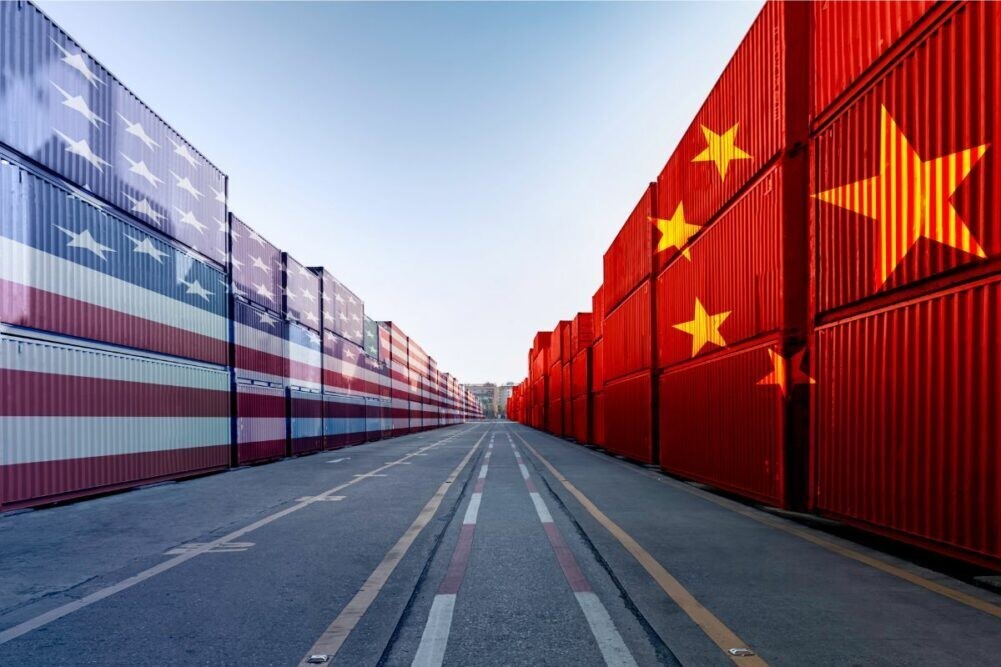

On Thursday, April 24, 2025, US President Donald Trump signaled a possible easing of trade tensions with China, boosting market sentiment. As a result, aluminium price has grown in India by 1.32 per cent to INR 234.5 (USD 2.75). The optimism in the market has further been evoked by Trump’s announcement that Federal Reserve Chair Jerome Powell would continue in his position.

However, despite the uptick in market sentiment, the aluminium gains have witnessed a restrained growth, largely due to a stronger US dollar, which typically weighs on commodity prices. Additionally, concerns over a global oversupply because of growing aluminium production amid weaker consumption in some parts of the world have kept price movement relatively range-bound.
Globally, aluminium production is showing an upward trend, with China’s production up by 4.4 per cent to 3.75 million tonnes in March. According to the National Bureau of Statistics, China's total output in the first quarter increased to 11.07 million tonnes, marking a 3.2 per cent Y-o-Y growth. This is the result despite the national cap set at 45 million tonnes for eliminating overcapacity and curbing emissions.
The world's primary aluminium production increased by 2.3 per cent Y-o-Y in March to 6.227 million tonnes, as per the report by the International Aluminium Institute (IAI), raising the concern about oversupply. Meanwhile, Japan's three major port aluminium stockpiles witnessed a decline of 1.2 per cent in March indicating a moderate consumption of 309,700 tonnes.
As of now, the market is deemed to be experiencing short covering with interest lowered by 32.19 per cent and 1462 contracts with the increase in the overall price of aluminium. Aluminium is said to have immediate support at INR 232.8 (USD 2.79) and further support at INR 231.1 (USD 2.77). Moreover, the resistance is expected to reach INR 235.4 (USD 2.81) with a further push of aluminium price to reach INR 236.3 (USD 2.83).
Trump's comment is indicative of not implementing 145 per cent tariffs on Chinese imports, although he clarified that this is not a permanent decision.Treasury Secretary Scott Bessent reinforced this stance, stating that any tariff rollback would require mutual agreement, denying reports of unilateral US concessions. China also expressed a willingness to engage in trade talks, but only if the US demonstrates mutual respect while also noting that no formal negotiations are currently in progress.



Responses






